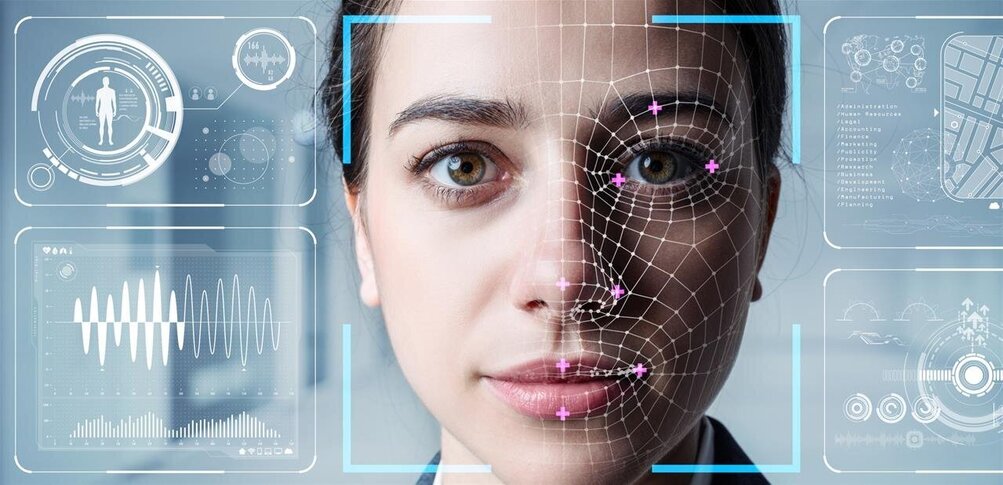Artificial intelligence is defined as the intelligence displayed by machines, while natural intelligence is the term coined for the intelligence demonstrated by humans. Over the years, AI has developed multiple applications such as search engines, recommendation systems, and self-driving cars, along with the capability of machines to understand human speech in personal assistants such as Siri and Cortana.
As an academic discipline, artificial intelligence was founded in the 1950s after Alan Turing’s « I propose to consider the question ‘can machines think’? » in the academic journal “Mind”. However, major advancements came decades later.
According to Allied Market Research, the global artificial intelligence market was worth $65.48 billion in 2020 and is expected to grow to $1.58 trillion by 2030 at a CAGR of 38%. While other industries saw a setback due to the pandemic, AI is one sector which the World Health Organization emphasized as an important tool for the future. After COVID-19, the global artificial intelligence funding was doubled to $66.8 billion in 2021, and 65 AI companies reached a valuation of more than $1 billion. According to CB Insights, the venture funding towards AI increased by 142% on a YoY basis to $93.3 billion in Europe, with most of the concentration in England. In the same year, the UK government also released a 10-year plan to boost AI development.
According to a report, the US is the top country in the assessment of investor friendliness within the AI space. Between 2016 and 2021, 8,300 deals were recorded in the US, followed by China with 2,500 AI deals. During the same period, over 58,000 AI-related patents were registered in the US.
Microsoft Corporation (NASDAQ:MSFT), Amazon.com, Inc. (NASDAQ:AMZN), and Alphabet Inc. (NASDAQ:GOOGL) are some of the major companies working in the artificial intelligence space.
Mots-clés : cybersécurité, sécurité informatique, protection des données, menaces cybernétiques, veille cyber, analyse de vulnérabilités, sécurité des réseaux, cyberattaques, conformité RGPD, NIS2, DORA, PCIDSS, DEVSECOPS, eSANTE, intelligence artificielle, IA en cybersécurité, apprentissage automatique, deep learning, algorithmes de sécurité, détection des anomalies, systèmes intelligents, automatisation de la sécurité, IA pour la prévention des cyberattaques.






